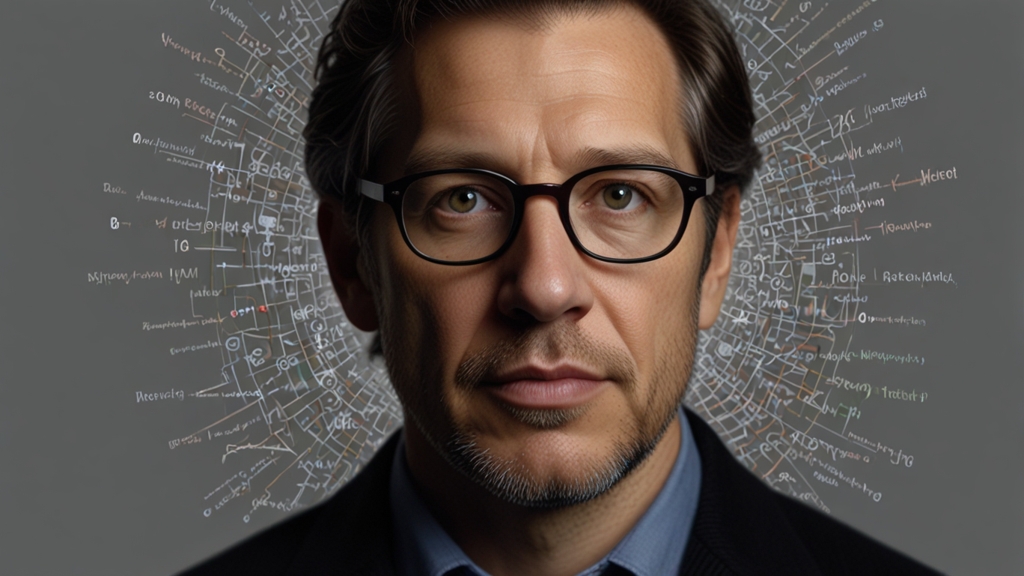Genesis and the Quest for Eternal Life: An Exploration
The human fascination with eternal life is as ancient as our recorded history, and one of the earliest textual evidence of this quest can be found in the Book of Genesis. This foundational text not only serves as a spiritual guide for billions of believers but also offers profound insights into the human condition, particularly our yearning for immortality.
The Genesis Narrative
The Book of Genesis, the first book of the Bible, opens with an account of the creation of the world and the first humans, Adam and Eve. Central to this narrative is the Garden of Eden, a paradisiacal abode where Adam and Eve enjoyed eternal life. The tree of life, one of the two significant trees in the garden, symbolized their access to eternal life.
However, the fall of man, marked by Adam and Eve's consumption of the fruit from the tree of the knowledge of good and evil, led to their expulsion from Eden. This act of disobedience introduced mortality to human existence. The loss of eternal life, therefore, is presented not as a natural condition but as a consequence of moral fallibility.
"And the LORD God said, 'The man has now become like one of us, knowing good and evil. He must not be allowed to reach out his hand and take also from the tree of life and eat, and live forever.'" (Genesis 3:22, NIV)
The Symbolism of the Tree of Life
The tree of life in Genesis is more than a mere plant; it serves as a profound symbol. It represents not just physical immortality but also a holistic form of eternal well-being that encompasses moral and spiritual dimensions. The act of barring humanity from this tree highlights a divine intervention that preserves the sanctity of eternal life, making it a reward for the righteous rather than an inherent human right.
Throughout various cultures and religious traditions, trees often symbolize life, growth, and interconnectedness. In Genesis, the tree of life serves as a poignant reminder of what was lost and what humanity might aspire to regain.
Humanity's Continuous Quest
Since the time of Genesis, the quest for eternal life has perpetuated through various epochs and civilizations. Ancient Egyptians with their elaborate burial practices and mummification, the alchemists of the Middle Ages with their pursuit of the Philosophers' Stone, and modern science with its exploration into genetic engineering and cryonics, all reflect humanity’s enduring aspiration to overcome mortality.
It's noteworthy that the Genesis narrative does not condemn the desire for eternal life. Instead, it frames it as a profoundly human impulse that requires divine intervention for its fulfillment. This sets the stage for the subsequent religious doctrines that offer pathways to eternal life through faith, morality, and divine grace.
Eternal Life in Contemporary Context
In modern times, the concept of eternal life has evolved but remains deeply ingrained in human consciousness. Advances in medicine and technology bring us closer to extending human life spans, yet they also raise ethical questions. Are we merely delaying the inevitable, or are we on the verge of redefining what it means to be human?
"The idea of life extension, however, is not just about living longer, but living healthier and with a better quality of life. The ultimate goal, much like the tree of life in Genesis, is not just prolongation but a holistic state of being." — Modern Ethicist
Conclusion
The exploration of eternal life in Genesis goes beyond mere curiosity; it taps into the core of human existence and our relationships with the divine. As we continue to seek ways to extend life, the lessons from Genesis remind us that immortality comes with its moral and spiritual dimensions. The quest for eternal life, therefore, is not just a scientific endeavor but a holistic journey that encompasses ethical, spiritual, and existential inquiries.
The narrative set forth in Genesis still resonates today, urging humanity to balance our aspirations for longevity with the timeless questions of purpose, morality, and the divine order. As we stand on the cusp of unprecedented technological advancements, these ancient lessons become ever more relevant, guiding us in our perpetual quest for eternal life.







